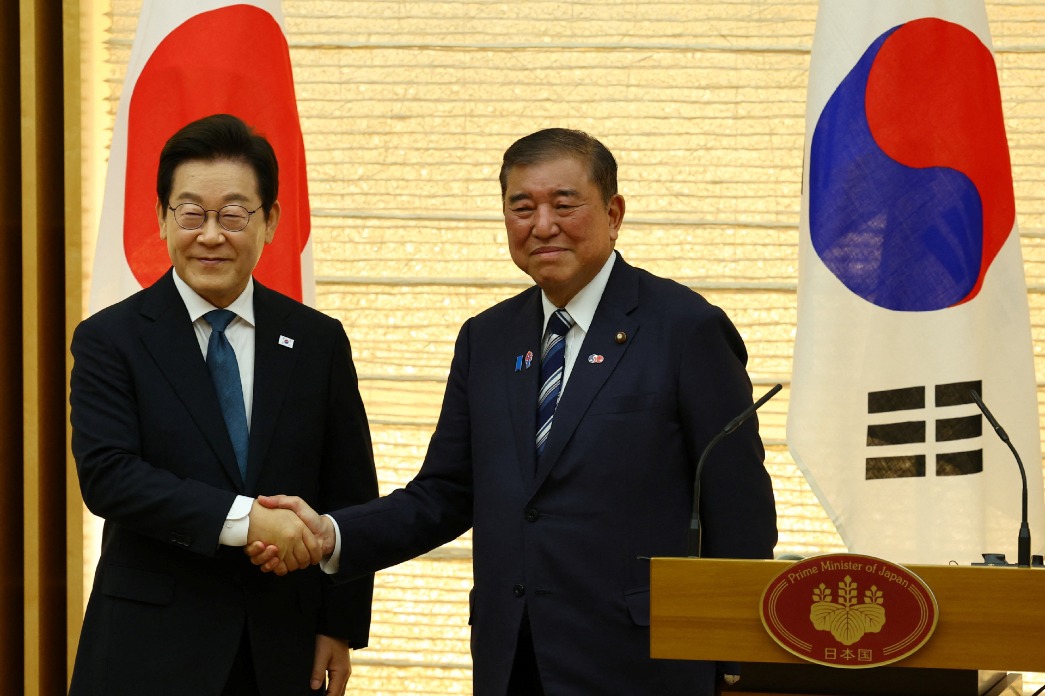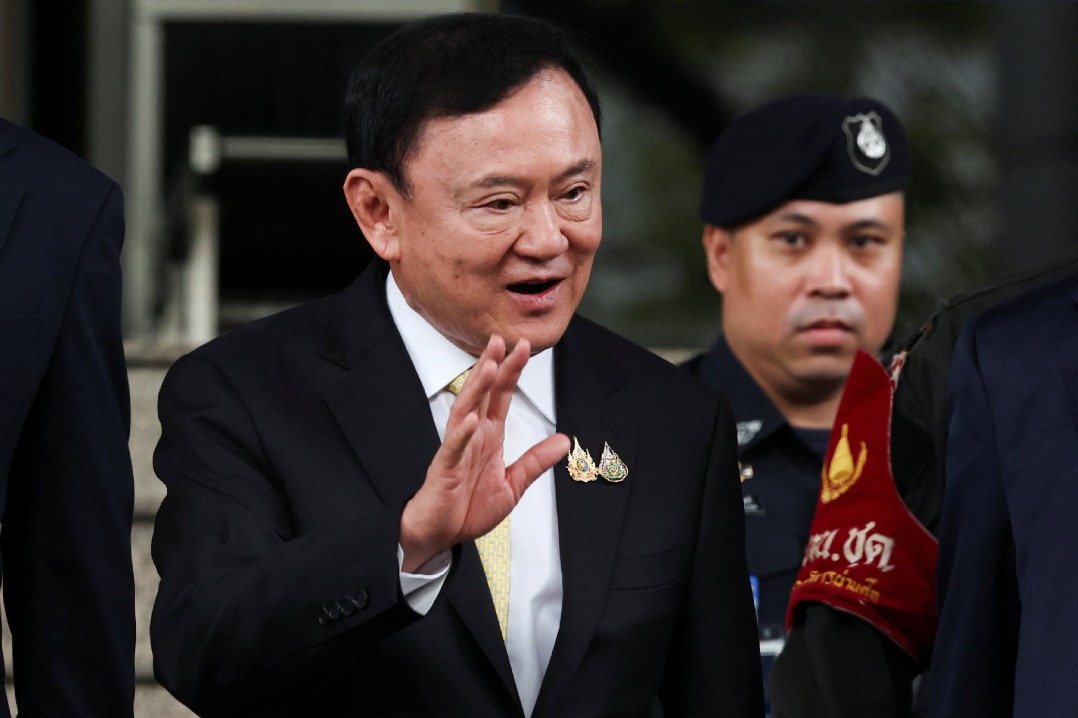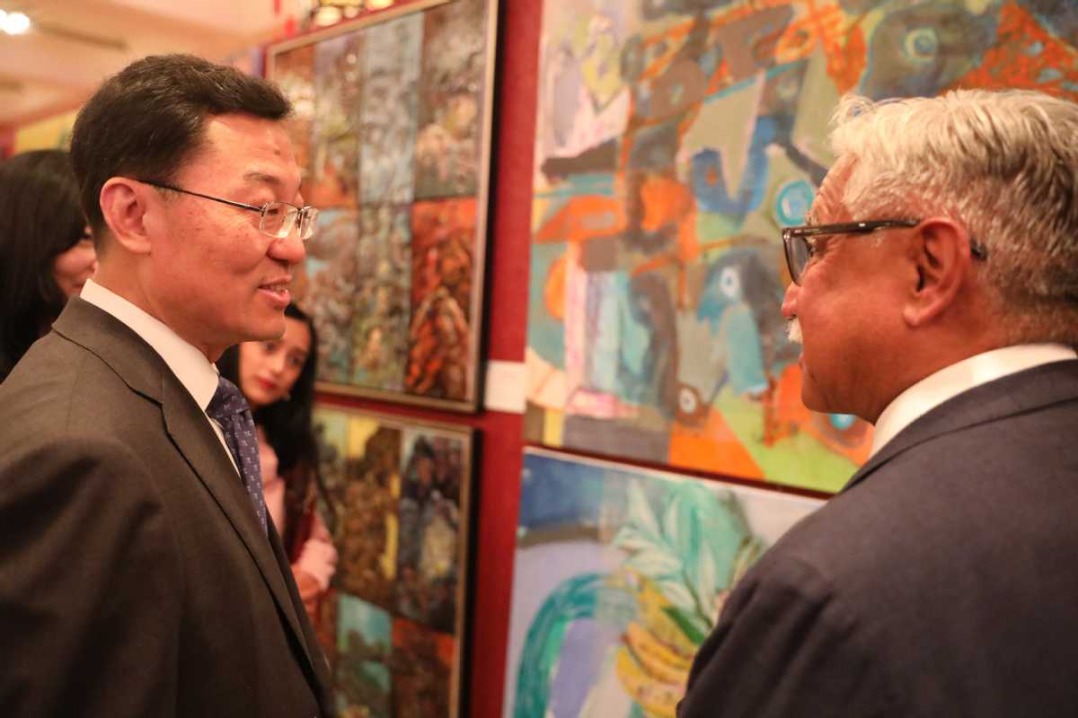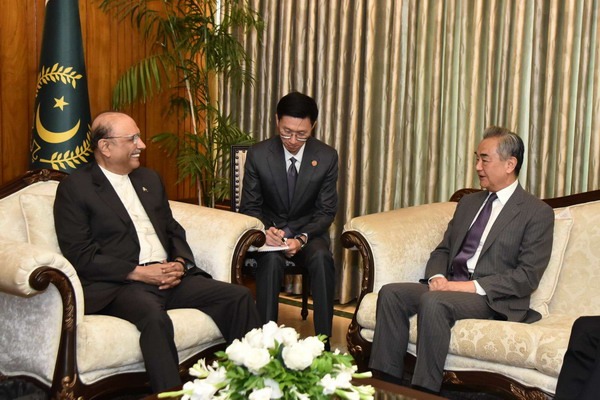Book on Confucianism launched in Brussels

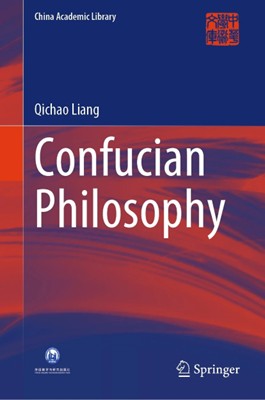
The English edition of Confucian Philosophy by Liang Qichao (1873-1929), jointly published by Springer Nature and Foreign Language Teaching and Research Press (FLTRP), was launched in Brussels, Belgium on Sunday, providing European readers an opportunity to more deeply learn the thoughts of Confucianism masters in the early 20th century.
The work captures Liang's distinctive vision, which was developed as he was teaching in the Tsinghua University in the 1920s, and was later compiled by his disciple Zhou Chuanru, offering a profound synthesis of Eastern and Western philosophical traditions.
At the heart of this seminal work lies Liang's systematic examination of Confucian philosophy through five fundamental dimensions: its essential nature, enduring intellectual value, methodological approaches, historical evolution spanning two millennia, and critical questions for contemporary research. Liang believed that the unity of knowing and doing was the essences of Confucian thought, which was entirely different from the speculative traditions in the West.
The first English version of the book, the translation was rendered by Professor Wang Jin'an from Jiangnan University. "Confucianism has provided inspiration and wisdom for many people over more than 2,000 years," he told China Daily. "In the broader context of globalization in the 21st century, translating Confucianism is of vital importance to improving communication between different cultures in the world."
The book is also the latest addition to the "China Academic Library" series, a collaborative initiative between Springer and FLTRP since 2012 that has introduced over 50 Chinese scholarly classics to international readership, said Shi Li'nan, the editor of the book. She expects the publication not only to provide essential primary material for comparative philosophy studies but also to open new avenues for understanding traditional wisdom's modern applications.
"The translation of Confucianism is not only the transformation of Confucian classic texts but also the dissemination of Confucian values, which is of great significance for promoting global cultural diversity and inclusiveness."
















